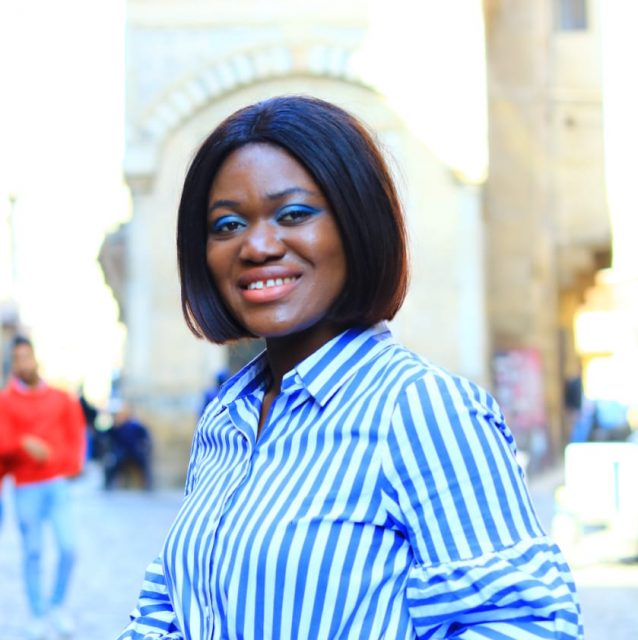The past four decades have seen a tremendous expansion of democracy around the world, enabled by the transformation of political parties, information and communication technologies, the increased use of social media to facilitate collective action, and civic networking that goes beyond formal organizational structures. However, recent events, including the COVID-19 pandemic, suggest a deepening authoritarian influence in both older and younger democracies and show us that democracy should not be taken for granted.
Around the world, civil society organizations continue to face challenges that threaten their existence and fundamental democratic principles. According to findings from international organizations such as Amnesty International, Civicus, the Global State of Democracy (GSoD) Indices, and Plan International, civil society spaces are shrinking across many countries, including in West and Southern Africa. There is increasingly limited democratic space and influence for civil society, with restrictions in terms of legal and regulatory frameworks, and severe violence against human rights defenders who are demanding transparency, freedom, equality, and justice. This has negative implications for sustaining healthy democracies.
Around the world, civil society organizations continue to face challenges that threaten their existence and fundamental democratic principles.
The decline of civic space manifests in different ways. For example, individuals face difficulties exercising their democratic rights within a political system that does not respect the freedom of assembly and freedom of association. Youth activists and human rights defenders are often more vulnerable in such environments, as they must not only overcome predominant gender biases but also have limited access to financial and non-financial resources to fund their human rights work.
In the context of shrinking and closing civic spaces, young women activists face additional hurdles on top of existing discrimination. Female activists encounter resistance both from government bodies who see their work as a threat to the regime and from community members or even their own family members, who negatively affect their work and well-being (physical, mental, and online). Therefore, it is crucial that civil society organizations and international donors prioritize and take action to support the legal, financial and medical protection of youth activists, guaranteeing their survival and enabling their success.
Young women activists face additional hurdles on top of existing discrimination. Female activists encounter resistance both from government bodies who see their work as a threat to the regime and from community members or even their own family members.
Building on CIPE’s history of engagement with youth as changemakers, civic, political, and business leaders, CIPE launched its Youth Leadership Program in March 2021 featuring a cohort of five youth leaders from Nigeria, Rwanda, the Philippines, Zambia, and Kenya.

The aim of the program is to support youth engagement and leadership around the globe as key drivers of change in our societies. During my participation in this program, I focused on the experience of youth activists operating in shrinking civic spaces in West and Southern Africa. My research showcases the great work and resilience of twelve youth activists leading movements to defend democracy in their countries (Nigeria, Ghana, South Africa, Zambia and Zimbabwe).
These activists are working on a wide range of topics focused on youth development, children, women and human rights, sustainable social development, environment and climate change, gender-based violence, youth civic participation, youth entrepreneurship, digital inclusion, water, sanitation and hygiene, wildlife conservation, renewable energy, non-violent campaigning and advocacy, peace building and preventing violent extremism, Pan-Africanism, and music and art.
My research question asks, “What are the main risks of shrinking and weakening civic spaces, and how can we close gaps in the safety of young activists by creating more effective reporting mechanisms and financial support?” It will also analyze the social constructs and norms of youth civic spaces, the risks of shrinking civil spaces, the critical gaps in the safety of youth activists, and the existing funding mechanisms and resources for youth in shrinking or closed democratic space for civil society.
To collect the data, I used participatory design workshops (a storytelling session and a co-creation session) to map the network of national and regional actors from Nigeria, Ghana, South Africa, Zambia, and Zimbabwe working on youth empowerment issues, identified potential areas for collaboration, and developed strategies for engagement and collective action.
The methodology focused on qualitative research by utilizing key stakeholder interviews, and a participatory action approach and focus groups where the youth participants engaged in storytelling, situation analysis, and shared lived experiences about issues around shrinking civic spaces in their respective countries. Gathering youth activists in the form of two workshops helped raise awareness and understanding of the present situation related to shrinking civic spaces for youth. The workshop also resulted in recommendations for international organizations and governments to better support youth activists.
On September 28, I will be presenting my research and recommendations at the first-ever CIPE Youth Leadership Conference. Register here.
Published Date: September 22, 2021